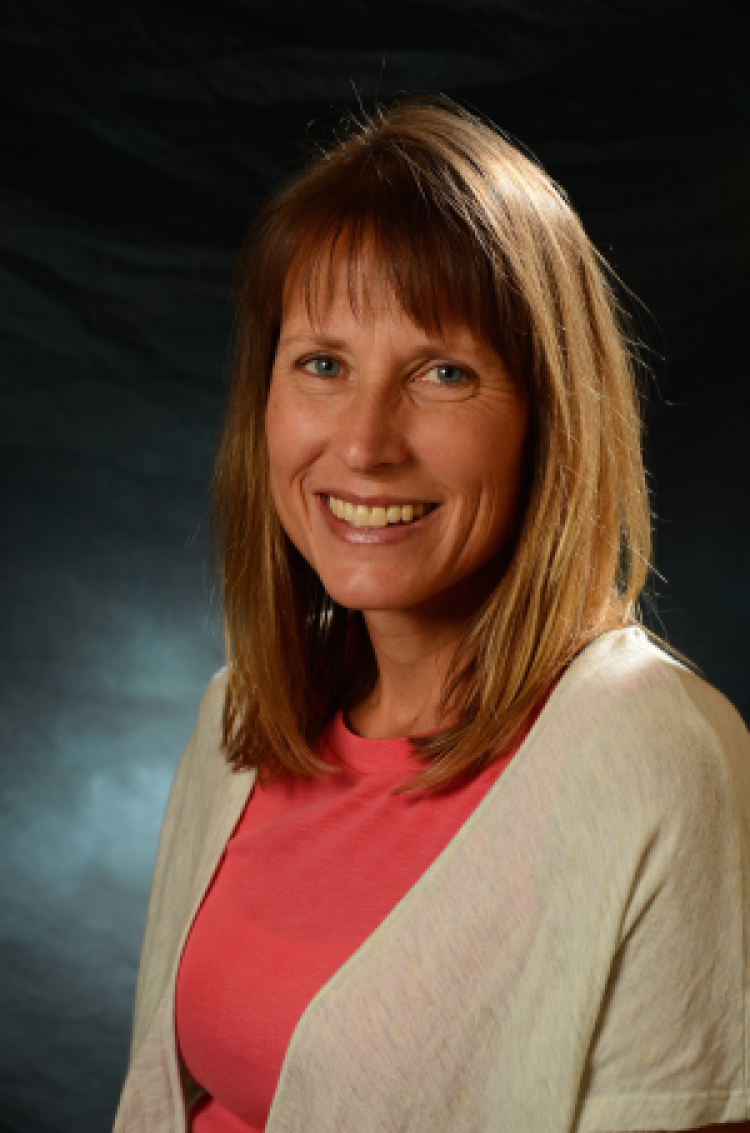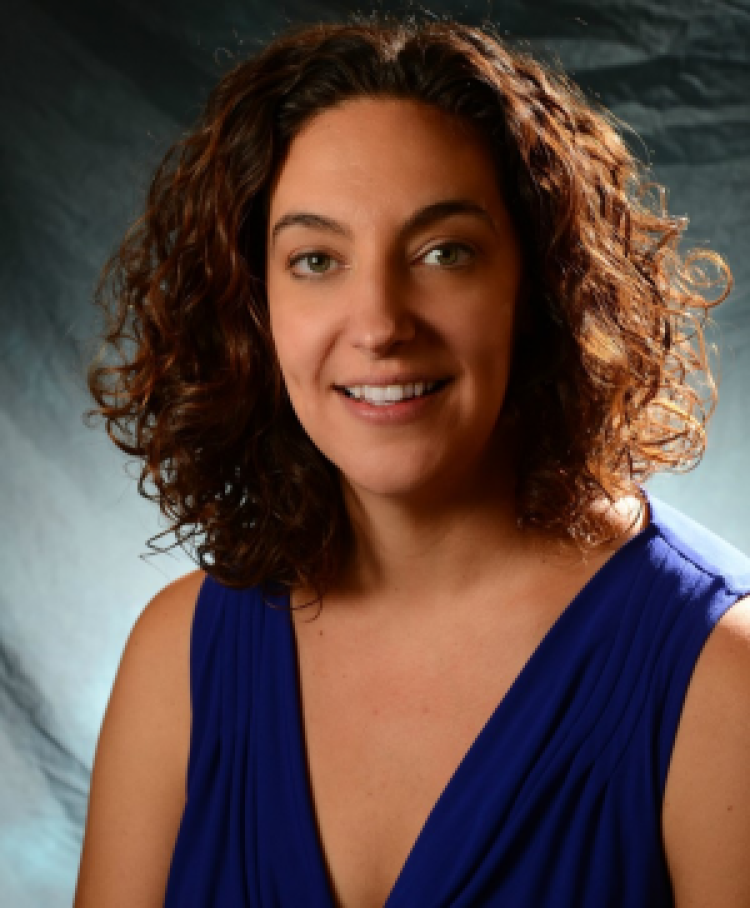Speech-language pathologist fosters communication in hard cases
Program launched by speech-language pathologist (and musician) helps kids with complex communication needs and is taking flight
Sherri Tennant was working three jobs when she had an idea; one that could bring the jobs together in a project to benefit Denver youth with complex communications needs due to a variety of medical conditions, including Angelman’s syndrome and cerebral palsy.
Since 2016, Tennant has been a part-time member of the clinical faculty at the University of Colorado Boulder’s speech, language and hearing sciences (SLHS) department, where she specializes augmentative and alternative communication, or AAC, which helps people communicate using nonverbal means, everything from gestures and signing to technology.

Sherri Tennant
She was also working as a consultant hired to train staff at the Denver School of Science and Technology (DSST) and had a small, private speech-therapy practice in Boulder.
“I saw how extensive the need was at DSST. I’m only a sole proprietor with a small practice, but I started thinking, ‘Wouldn’t it be great to write a grant and get (SLHS) graduate students involved down here, to reach more people (with AAC)?’” Tennant says.
She began talking to Christine Brennan, assistant professor of SLHS, explaining the situation.
“She said, ‘Let’s go for it,” Tennant says.
They got administrators and teachers at DSST on board, opened up a Google document and began collaborating on an award application. They soon received a $9,000 CU Boulder Outreach Award for the program, and in fall 2019, kicked off the program.
Tennant trained four graduate students, each of whom received a $1,000 stipend, to complete AAC assessment for students with complex communication needs. The team actively involves primary caregivers in the therapy, so they understand it and can assist the students.
“A lot of determination and collaboration must take place to advocate for their needs. It really does take a whole community and the professional team to help these teenagers get what they need,” Tennant says.
Through Medicaid, the team procured AAC communications systems to nonverbal middle and high school students, then worked with the students to teach them how to use the technology, including AAC systems with vocabulary that can be activated with eye-gaze interaction.
“Some aren’t able to use their hands, so they can’t just touch an iPad,” Tennant says.
Follow-up assessments show that students who participate in the grant project have improved their competency as communicators by at least one skill set level, she says.
Speech-language pathologists that work in schools have an average of eight students, who use AAC systems, on their caseloads."
In 2020, Tennant and Brennan applied for and received a $12,000 outreach award, which brought four new graduate students into the program. And they recently applied for a third award in the maximum amount of $24,000, in hopes of involving eight students next fall.
The program is working not just for the DSST students, but for the graduate students.

Christine Brennan
“What I’m teaching in class is the theory, meta-analysis and use of AAC systems. In this project, there is evidence that it really works when a therapist or another communication partner is modeling language (students) … across their day, which is similar to what we know from current research,” Tennant says.
The need for AAC is only going to grow in the future. About 8% of children in the U.S. already need some kind of speech-language therapy, Tennant says, and the survival rate of infants with disabilities is going up.
“Speech-language pathologists that work in schools have an average of eight students, who use AAC systems, on their caseloads. So it’s really important that graduate students learn about this,” she says.
Tennant originally came to Boulder from the Midwest to earn a master’s degree at Naropa University that combined music therapy and speech-language therapy. But she also felt stifled by the drumbeat of what she calls the “Midwestern work ethic—work, work, work,” and wanted to live somewhere that would foster her creativity.
Boulder seems to have been a good choice: Tennant plays guitar and keyboards and is a vocalist with Crow Song Trio, with lead guitarist and vocalist JD Cordlé and cellist Ellen Rice. She describes the trio’s repertoire as “Americana.” All three members contribute to songwriting.
“(Cordlé) comes from a blues background, and (Rice) has a little more folk influence,” Tennant says. “I have more of the rock side.”
“Our music incorporates elements of folk, blues, rock and more, with a focus on songwriting and improvisation,” the trio writes on its website. “Crow Song plays original music like nothing you’ve heard. Do crows sing? Come find out.”
The trio released its first CD, “Healing Flight” last year.
“COVID put a bit of a damper on our performing, but we did quite a few outdoor shows in the summer,” Tennant says.

